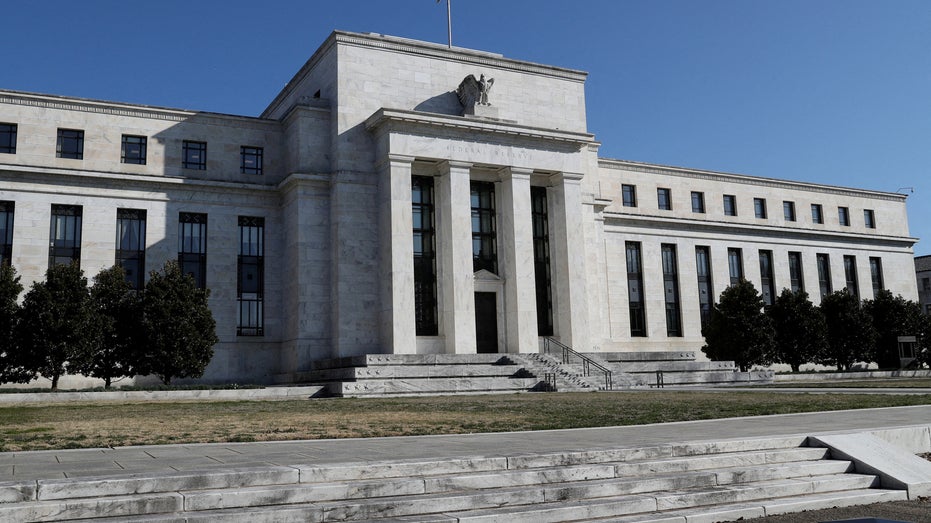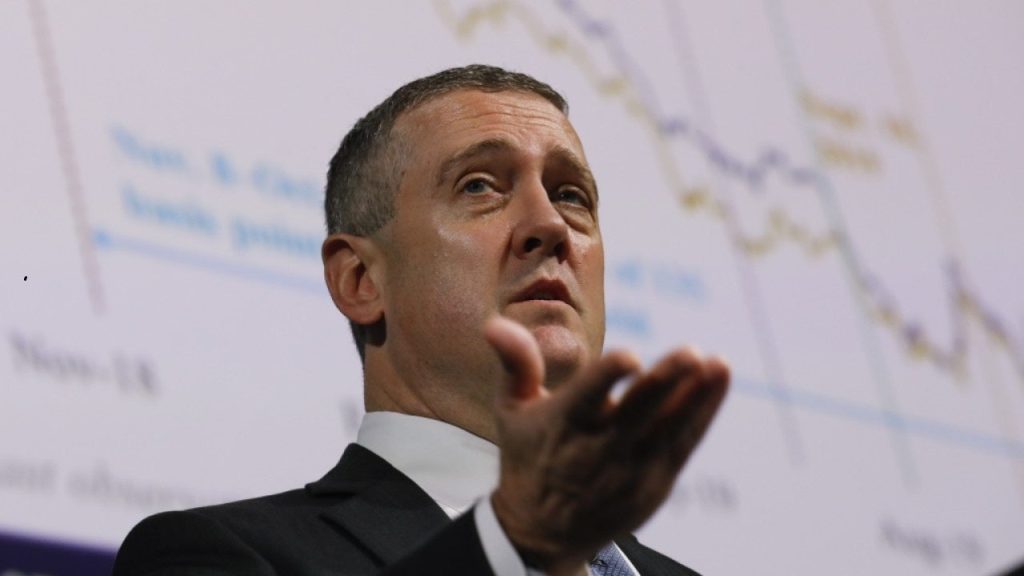St. Louis Federal Reserve President James Bullard on Thursday dismissed concerns of a credit crunch in reaction to the turmoil in the financial system following the collapse of Silicon Valley Bank and other institutions in recent weeks.
Bullard said he does not expect lending standards to rise to a level that would push the economy into a recession.
“It’s too soon to tell what kind of tightening we are seeing,” Bullard told reporters following his speech on the economy and monetary policy at the Arkansas State Bank Department’s Day with the Commissioner event. However, he said, “credit tightening will not tighten enough to send the U.S. economy in recession.”
Some economists have expressed concern that the series of high-profile bank failures in recent weeks could severely tighten credit for U.S. households and businesses, taking a toll on economic growth.
BANKS COULD BEGIN CANCELING LINES OF BUSINESS CREDIT SOON
But Bullard said credit tightening would only impact “a portion of a total amount of lending.”
The St. Louis Fed president added that it is not clear there will be a significant pullback by banks at this point, noting that lenders will continue to extend credit as long as they have the liquidity to do so.

Federal Reserve Chairman Jerome Powell acknowledged last month upheaval within the financial sector could tighten credit for American households. He suggested stricter lending standards could have a similar effect on inflation that a rate increase can.
“Such a tightening in financial conditions would work in the same direction as rate tightening,” Powell said. “You can think of it as being the equivalent of a rate hike or perhaps more than that.”
WESTERN ALLIANCE BANCORP’S DEPOSITS FALL 11% ON U.S. BANKING CRISIS FALLOUT
Powell also said at the time it was too soon to say how banking sector stress will affect the broader economy.
“Financial conditions seem to have tightened and probably by more than the traditional indexes say,” Powell said. “The question for us, though, is how significant will that be – what will be the extent of it, and what will be the duration of it?
“We’ll be looking to see how serious is this and does it look like it’s going to be sustained. And, if it is, it could easily have a significant macroeconomic effect, and we would factor that into our policy decisions.”
FOX Business’ Alexa Angelus contributed to this report.
Read the full article here




